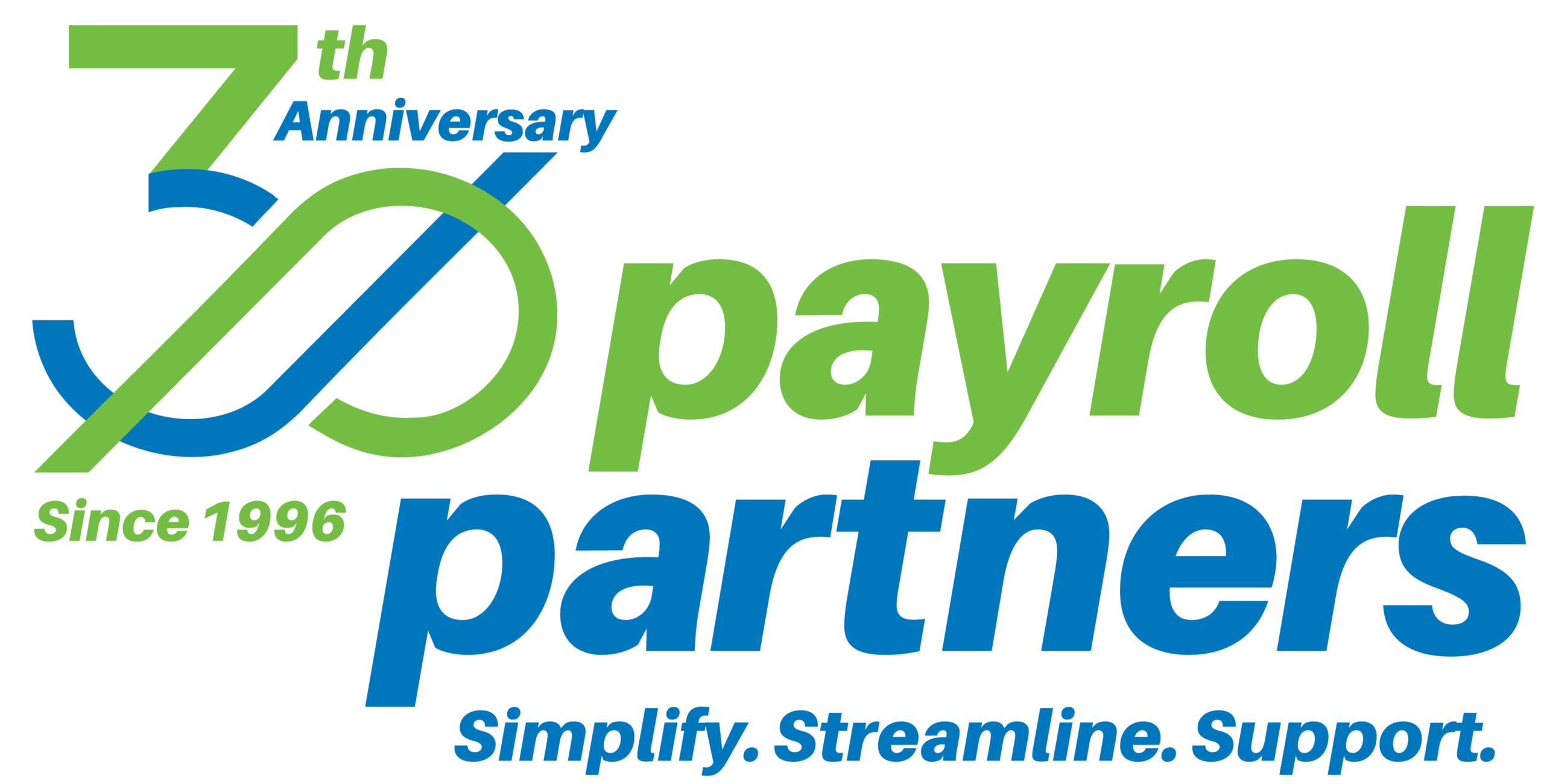As many as six of every 100 employees moonlight, or work a second job.
Employers get concerned about moonlighting employees when the moonlighting has an adverse effect on the workplace. A second job often results in employees being tired and less productive during their primary job, being unable to work overtime hours, working for competitors or even stealing information, materials or supplies from their primary employer.
A good way to deal with moonlighting employees is to develop a strong, clear policy on this topic in your employee handbook.
What to consider
Before you write your policy, consider the following points:
1. Do you allow moonlighting? Are certain employees prohibited from taking on a second job? Example: Persons in high-level management positions or full-time positions.
2. Are employees prohibited from working for competitors?
3. Are employees still required to work overtime?
4. Do employees need to have management approval before taking on a second job?
5. How will you deal with moonlighting employees whose work performance starts to drop?
6. What will happen if the employee is injured on the second job? How will this affect the employee’s use of and right to benefits you provide?
7. What will happen if an employee takes a second job without prior approval?
Recommendation:
Before writing your policy on moonlighting, check to see if your state has a law limiting employer controls on secondary employment. Some states have privacy laws which put limits on terminating employees for off-duty conduct. But in these cases employees aren’t protected if they betray company trade secrets, reveal or use proprietary information, or take on a second job which creates a conflict of interest with their employment with you.
Payroll Partners is committed to helping clients stay informed about payroll and human resource news, developments and current events. This article is intended to provide readers with general information on human resources matters. The article does not constitute, and should not be treated as professional advice regarding the use of any particular human resources practice. All efforts have been made to assure the accuracy of the information. Payroll Partners does not assume responsibility for any individual’s reliance upon the information provided in the article. Readers should independently verify all information before applying it to a particular fact situation, and should independently determine the impact of any particular human resources practice. If you are seeking human resources advice, you are encouraged to consult a human resources professional.

